Addressing instability in Central America: Restrictions on civil liberties, violence, and climate change
By
María Fernanda Bozmoski, María Eugenia Brizuela de Avila, Domingo Sadurní
Citizens across Latin America and the Caribbean are rising up in protest. Political frustration and economic stagnation are fueling social discontent exacerbated by the continued COVID-19 pandemic and the slow health response. In Central America, restrictions on civil liberties, high rates of gender-based violence and extortion, and worsening climate change are compounding the lack of economic opportunities and pervasive corruption seen in El Salvador, Guatemala, and Honduras.

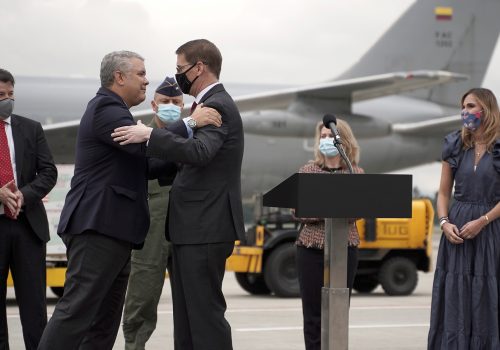
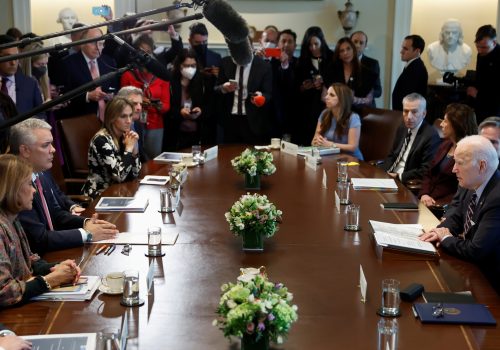

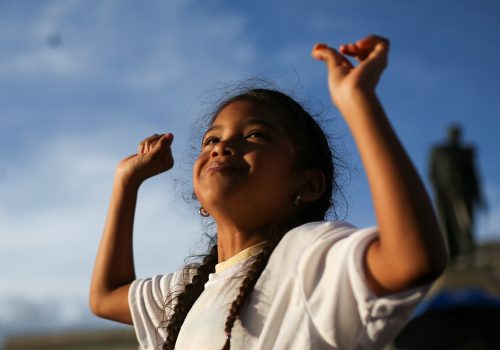
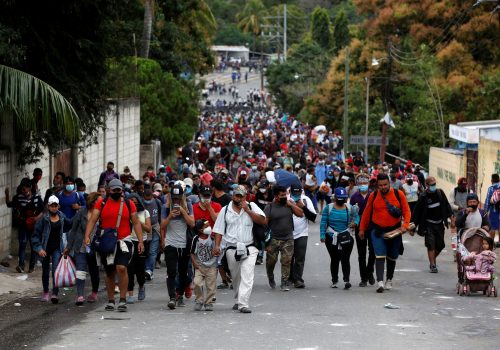
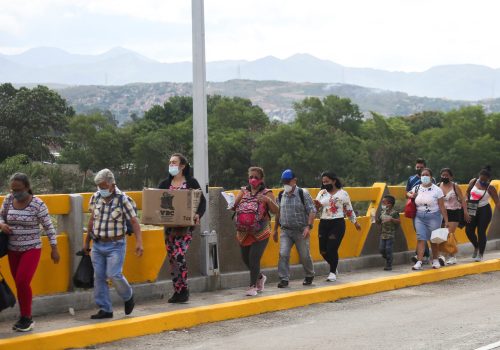
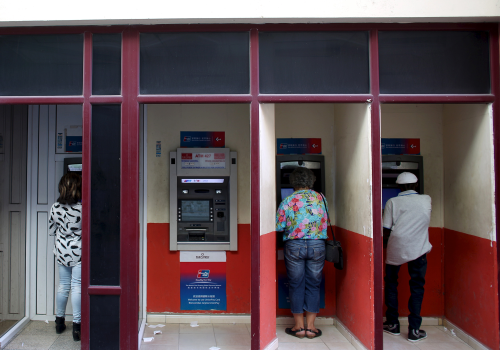
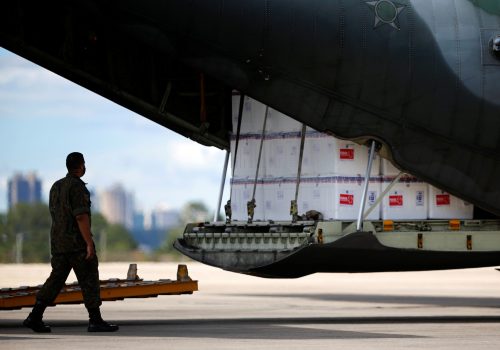
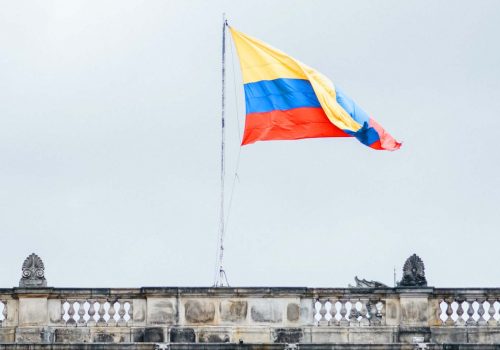
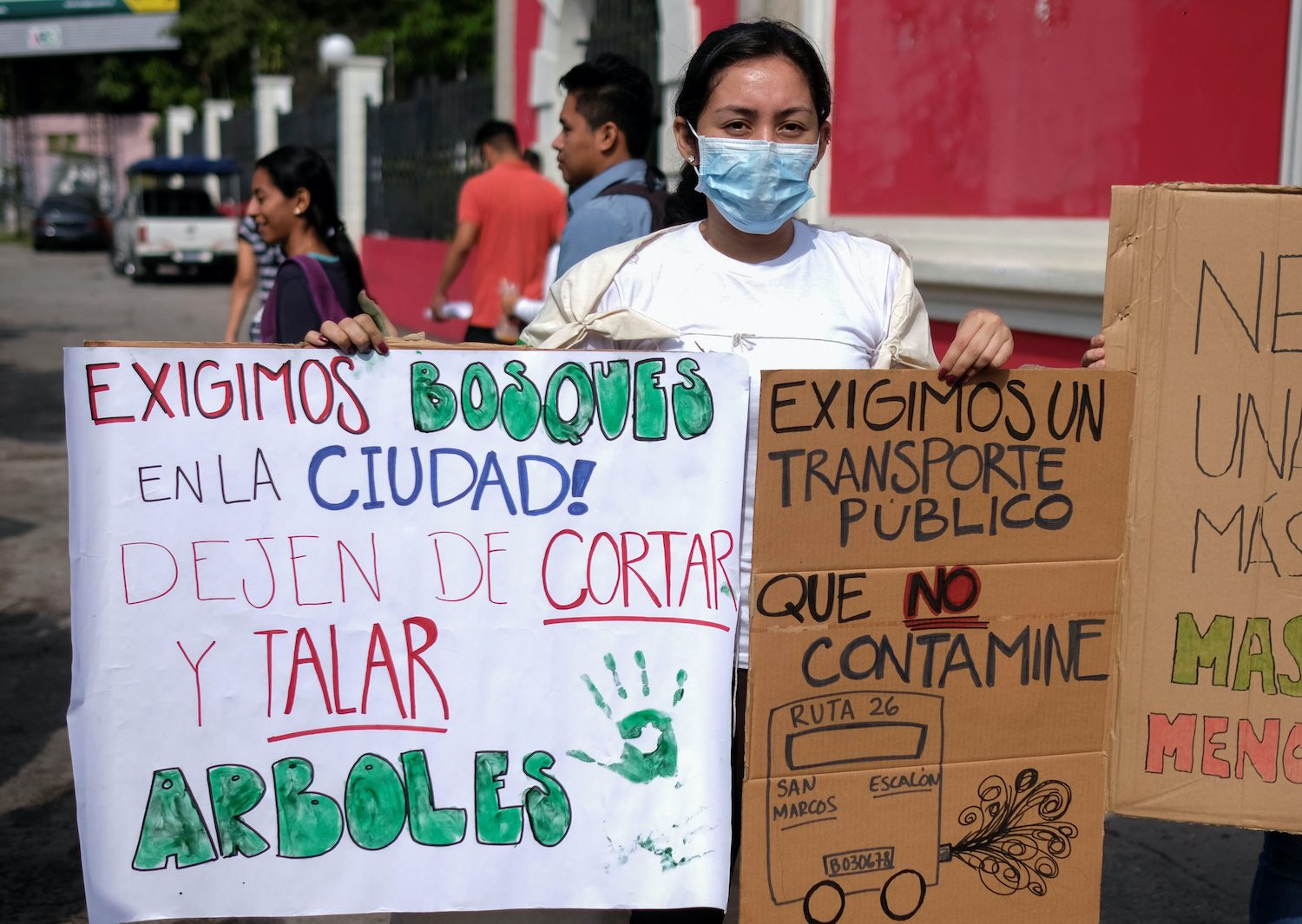

Follow us on social media